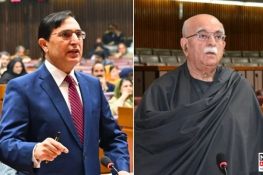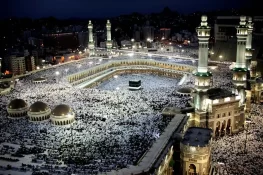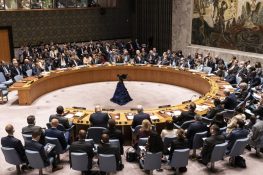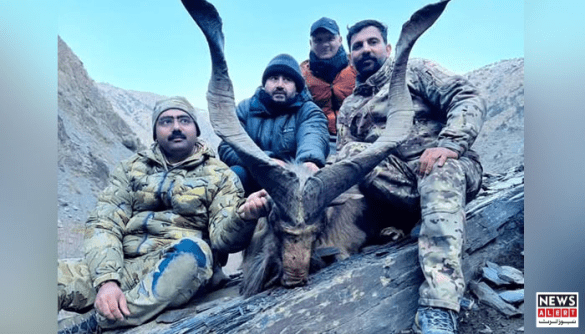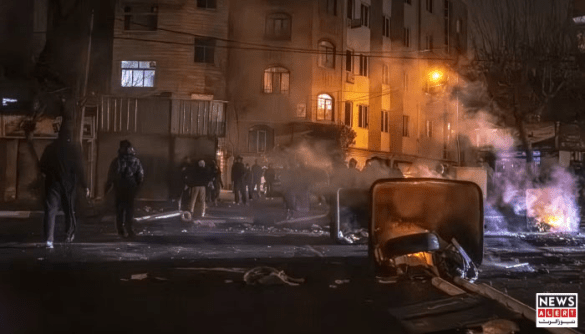Israeli Jets Strike Refugee Camp in Southern Lebanon
Israeli fighter jets struck a Palestinian refugee camp in southern Lebanon and killed 13 people. Local medical teams treated many others for injuries. The attack shocked residents, especially as many believed ongoing ceasefire discussions would reduce cross-border tension.
Moreover, Lebanese officials said the strike destroyed several homes and left families trapped under debris. Rescue workers searched the ruins for hours and used handheld tools because heavy machinery could not reach all damaged areas. Parents waited anxiously outside the camp, hoping for news of relatives who remained missing.
Although Israel has not commented publicly, Lebanese authorities condemned the strike. They also warned that continued attacks could expand the conflict and destabilise border communities.
Bombardment Intensifies in Rafah and Khan Younis
Meanwhile, Israeli forces continued heavy bombardment of Rafah and Khan Younis in southern Gaza. Airstrikes hit residential streets where displaced families had set up makeshift shelters. As a result, many people fled once again after explosions shook the area.
Residents said the bombing came without warning. In addition, ambulances struggled to reach some neighbourhoods because rubble blocked the roads. Doctors in nearby clinics reported a sharp rise in injuries, including burns and severe shrapnel wounds.
Earlier in the day, Israeli jets also struck several homes in eastern Gaza City. Neighbours rushed to help survivors climb out of collapsed rooms. Many families said they now have no safe place left after months of repeated displacement.
Humanitarian groups warned that Gaza’s medical system cannot absorb the growing number of wounded, especially after reports such as 35 unidentified bodies recovered from a Gaza clinic highlighted the scale of destruction. Furthermore, shortages of fuel, medicine and clean water continue to worsen living conditions across the territory.
Israeli Raids Expand Across the Occupied West Bank
At the same time, Israeli forces intensified raids in Jenin, Tubas, Bethlehem and Hebron. Residents reported heavy gunfire during night-time operations and said soldiers moved through neighbourhoods with little warning.
In Beit Ummar, near Hebron, troops stormed a family home. They forced residents outside, beat several of them and sealed the main entrance. Videos filmed by neighbours showed frightened children crying as soldiers pushed families into the street.
Another raid took place in Al-Yamun, near Jenin. During the operation, soldiers shot a 14-year-old boy inside his home. Paramedics rushed him to hospital in critical condition. Local officials said troops fired live ammunition and tear gas while searching surrounding houses.
People across the West Bank say these raids now happen almost every night. Consequently, roadblocks, curfews and property damage have disrupted daily life and deepened frustration among residents.
Casualties Continue to Climb Since October 2023
According to Palestinian authorities, Israeli attacks since October 2023 have killed at least 69,483 Palestinians and injured 170,706. These figures include casualties from Gaza, the West Bank and areas near the Lebanon–Israel border.
Humanitarian organisations believe the real numbers may be higher because many bodies remain under collapsed buildings. Families also continue to search for missing relatives with limited assistance.
The United Nations has urged all parties to protect civilians. UN officials warn that the destruction of homes, schools and hospitals could take decades to repair and will likely leave thousands without stable shelter.
International Concern Rises as Conflict Broadens
Around the world, governments have expressed deep concern after the latest strike in Lebanon. Consequently, diplomats fear the conflict could widen if cross-border attacks continue. Several countries have pressed both sides to commit to a lasting and verifiable ceasefire.
Aid agencies also voiced alarm. They said civilians in Gaza, Lebanon and the West Bank now face extreme risk as the war stretches into its second year.
Many Palestinians worry that the situation will deteriorate further. Families describe a constant struggle to find safety, food and shelter. They say repeated displacement, loss and uncertainty have created widespread trauma.
The strike in southern Lebanon has therefore added new urgency to calls for de-escalation. Regional leaders warn that without firm diplomatic action, the violence could spread even more widely.



